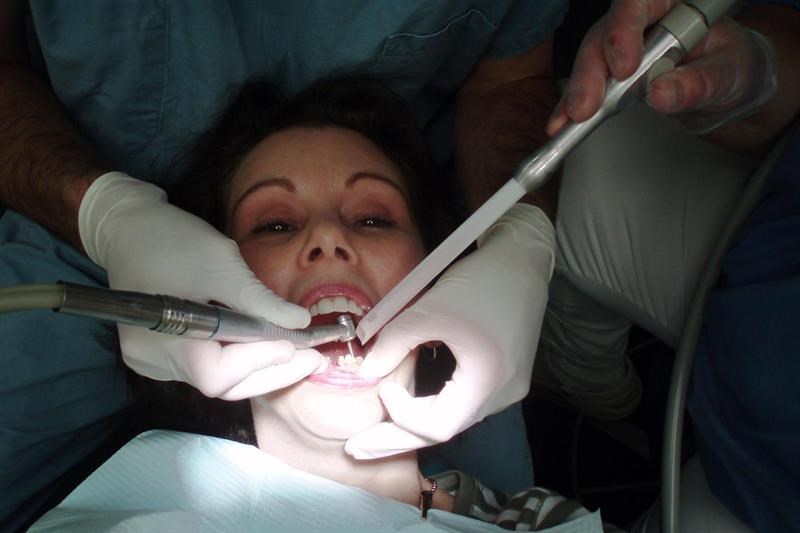Patient satisfaction remains 'very high', says GDC survey
Published: 22/02/2018
New figures, released by the General Dental Council (GDC), reveal overall satisfaction with UK dental care remains very high among those who visit the dentist at least once a year, at 97%.
Perhaps even more encouraging for the sector, within this, the number who say they are ‘very satisfied’ has increased by six percentage points over the last five years to 67%.
However, the findings, which are part of the GDC’s 2017 annual Patient and Public Survey, exposed young people (aged between 25-34) and those over 65 are more likely to be dissatisfied.
In addition, patients from an ethnic minority are significantly less likely to be very satisfied with their care than those who are white, at 53% and 69% respectively.
Guy Rubin, Research Manager at the GDC, said: ;The results of our research are incredibly useful in helping to better understand public views, particularly in relation to those within different demographics. The data also shows wide variances in perceptions of importance of misconduct in professionals’ private lives, which is very relevant to our ongoing work to better define "seriousness" as a concept.'
Fitness to practise should be reserved for only the most serious of complaints and the GDC is working to more clearly define ‘seriousness’. Misconduct and appropriate regulatory action in situations of poor care or wrongdoing were explored in the survey and this exposed mixed views about the importance of dental professionals’ behaviour in personal time.
However, participants were far more likely to agree that more severe regulatory action should be taken for instances of poor care during treatment which results in serious side effects. For example, more than six in ten (63%) thought that being removed from the register or suspended was the right action where a dentist has prescribed the wrong medication, resulting in hospitalisation, whereas half (47%) thought that no action should be taken against a dental nurse charged with drunk and disorderly behaviour on a night out.
Some behaviour in personal time was viewed differently however. Nearly half of those surveyed thought that a dentist should be removed from the register or suspended (46%) for posting racist comments on their Facebook page. One survey participant said: “As with any person in a professional role that you place trust in, they are there to treat you and are unable to do that objectively if they are discriminative against certain groups.”
The survey also found that on average, seven in 10 people (69%) visit the dentist each year but that ratio significantly drops for people from social grades D/E (55%). These levels are largely unchanged from previous years.
Author: Julie Bissett









.jpg?width=150&height=100&scale=canvas)



